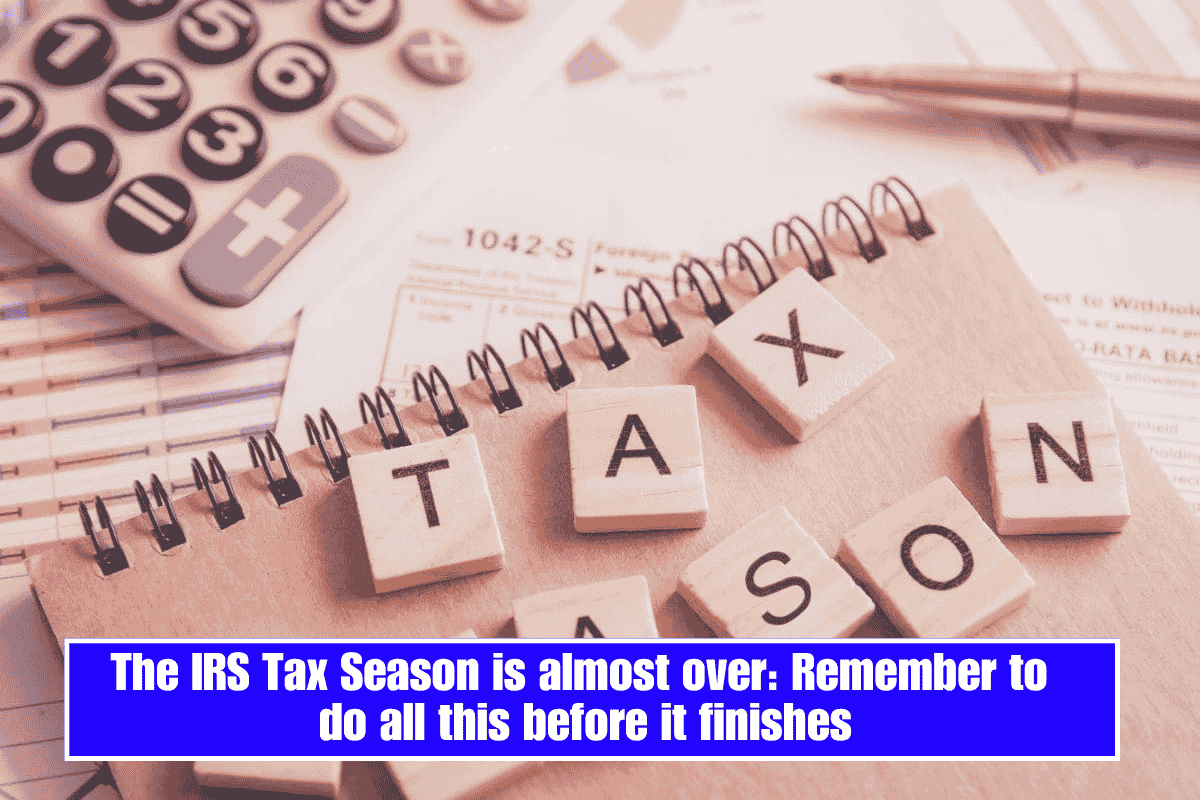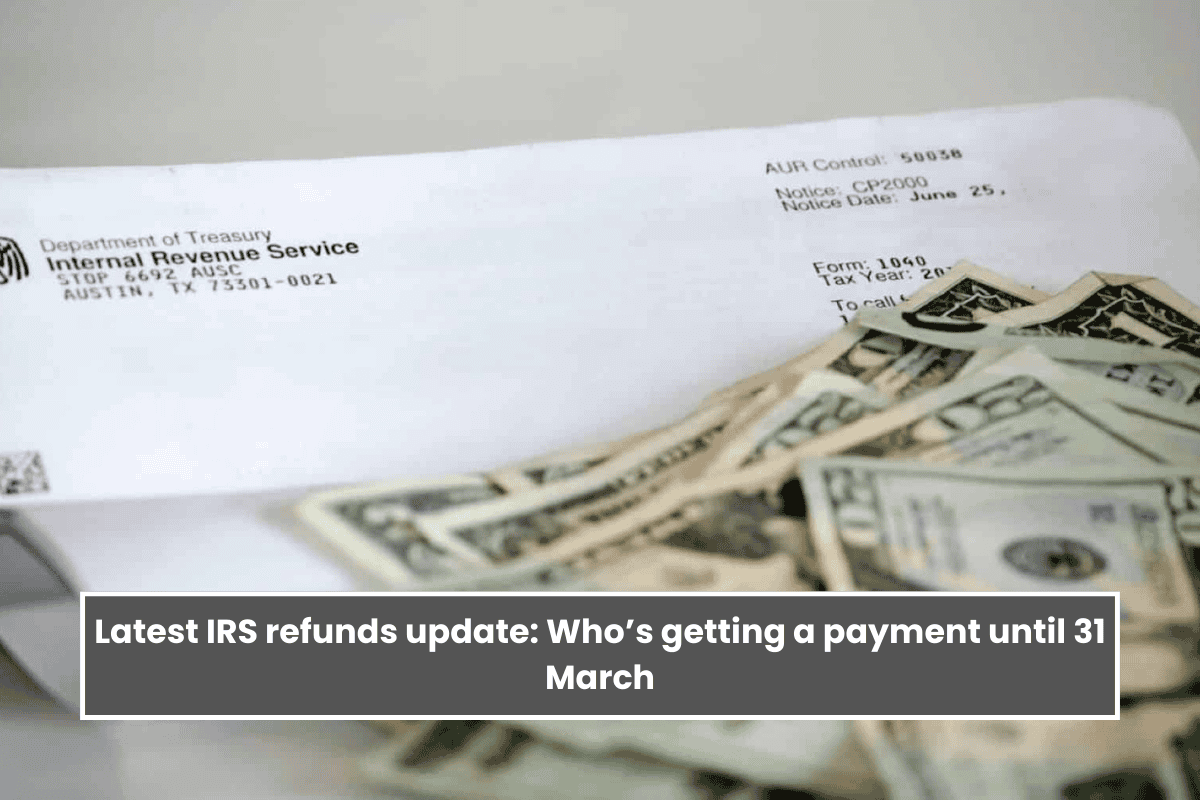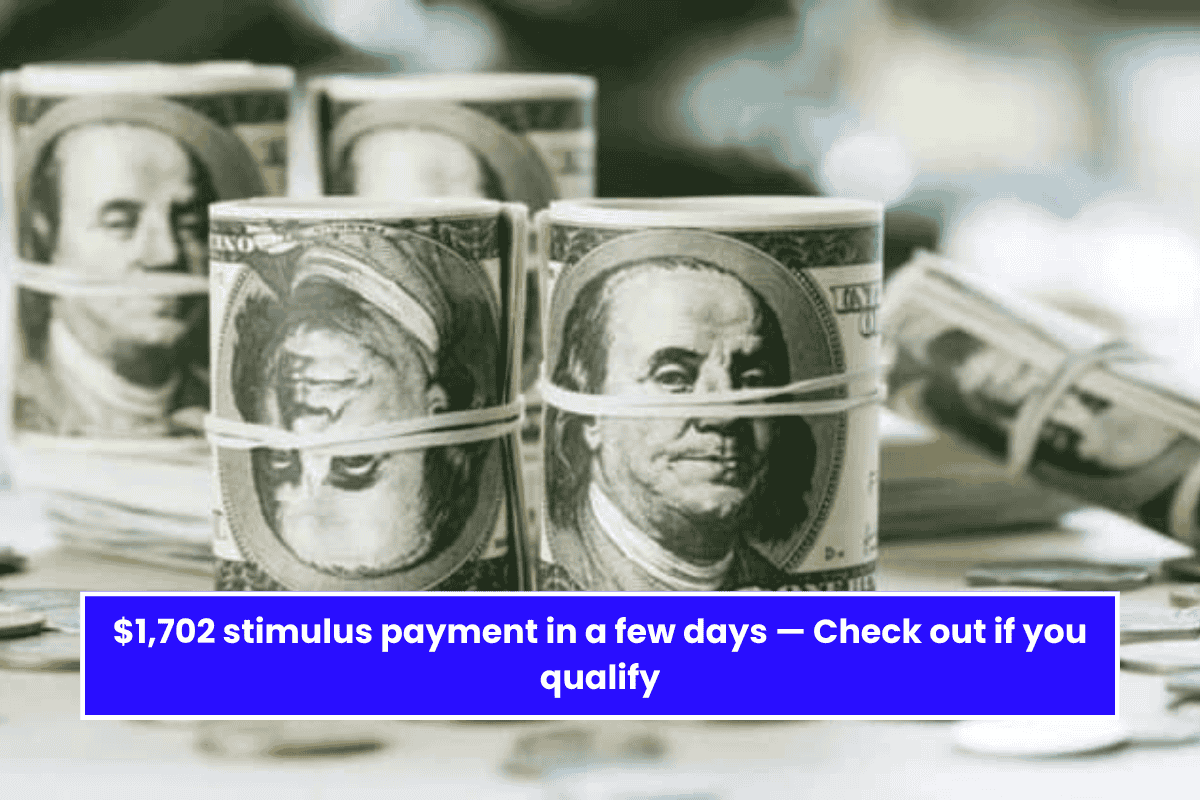If thousands of retirees do not meet this IRS requirement by April 1, they could face heavy fines.
As 2025 goes on, Americans who are 73 years old will have to meet a crucial tax deadline that could have a big effect on their retirement savings. For people in this age range, the Internal Revenue Service (IRS) says they have to take their first Required Minimum Distribution (RMD) from some tax-deferred retirement accounts by April 1, 2025.
If you don’t, you could be charged a 25% penalty on the amount you did not withdraw, which would put extra financial stress on your retirement.
This rule only affects traditional IRAs and employer-sponsored plans like 401(k)s. It does not apply to Roth IRAs, which do not have to pay RMDs as long as the account holder is alive.
People who will have to start taking RMDs in 2024 need to act quickly to avoid penalties and stay in line with IRS rules. Even though many financial institutions can help with the math, the retiree is ultimately responsible.
Why April 1 Is a Key Financial Deadline
When the IRS figures out RMDs, they divide the account balance as of December 31 of the previous year by a life expectancy factor taken from official IRS tables. If retirees miss the deadline, they may have to pay a 25% excise tax. However, if they fix the mistake within two years and send in Form 5329, the tax can be lowered to 10%.
Not only do you want to avoid penalties, but you also want to make smart tax decisions. Some financial experts say that the first RMD should be taken before December 31 of the year that the retiree turns 73.
This way, the person does not have to take two distributions in the same tax year. This can help keep total taxable income as low as possible and lower the chance of having to pay more for Medicare or having more of your Social Security benefits taxed. But if retirees think they will have an unusually high income one year, they might be better off waiting until April.
What Retirees Should Do Now to Avoid IRS Penalties
Retirees should do the following to stay in line and protect their savings:
- Confirm the correct RMD amount with their financial advisor or institution.
- Schedule the withdrawal well ahead of April 1 to prevent delays or errors.
- Strategically plan the timing of their RMD to fit their broader tax situation.
- If a deadline was missed, act immediately and file IRS Form 5329 to potentially reduce the penalty.
Retirees can avoid making mistakes that cost a lot of money, keep their finances safe, and have a smoother retirement by staying informed and acting quickly.















